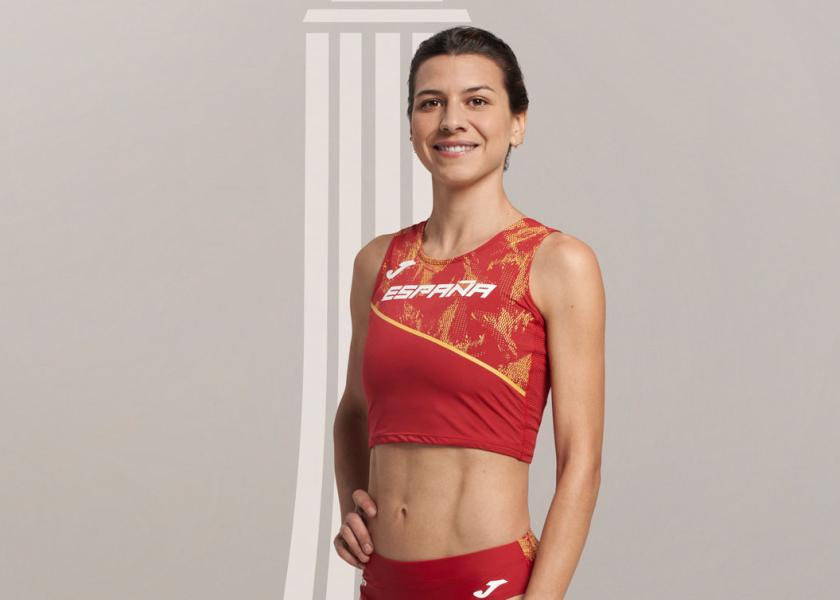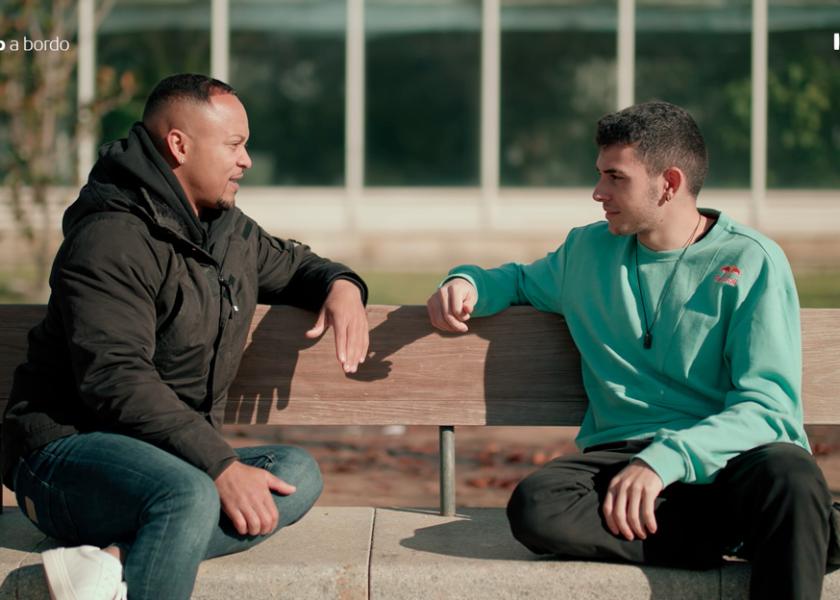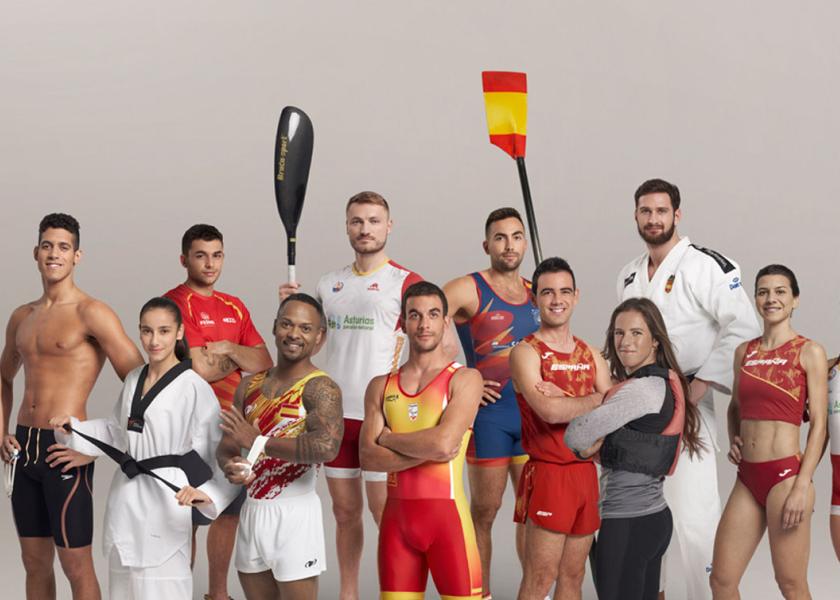Niko Shera
The quiet man
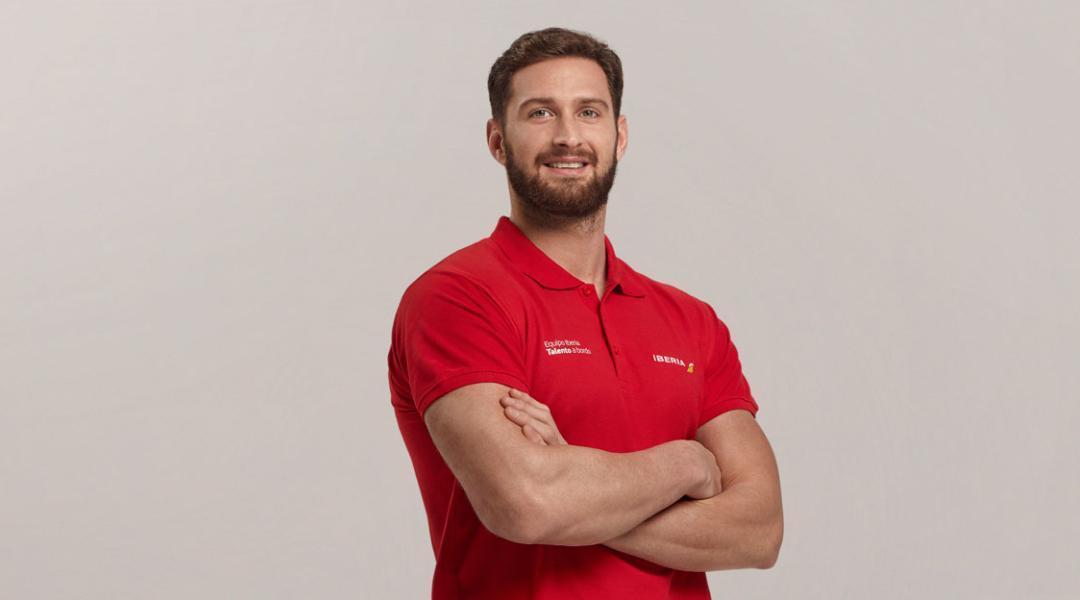
Since last December, a severe injury has kept Niko Shera off the tatami. Any other judoka hoping to win a medal at the Paris Games would be restless, but he keeps calm and collected, and only thinks about winning gold. A victory which would round off a brilliant career, which wouldn’t have been possible without the judo club (DojoQuino) that took him in when he landed in Spain from Georgia.
Nikoloz Sherazadishvili (Tiflis, 1996), better known as Niko Shera, remains calm while other people’s pulse skyrocket. To the point that this judoka, world champion in 2018 and 2021, can take a nap between combats. “My body needs it —he admits—. When they wake me up and tell me it’s my turn on the tatami, I get up, stretch, and I’m ready.” Because of a severe injury—last December he tore his anterior cruciate ligament in his right knee—, Niko has spent several months missing those naps. He’s happy that his recovery is “going well”, but he prefers to take it step by step, and knows how important it is to not rush things. “My tendon needs to heal properly, which can take from six to nine months,” he explains. Neither his injury nor changing category —he decided to change from -90kg to -100kg after the Tokyo Games— lower his ambition one jot and Paris is outlined on the horizon: “Whenever I take part in a competition, my mind is set on winning gold.”
When you were little, you did both judo and water polo. What made you choose judo?
My father had a big say in that decision. He also did judo, which in Georgia it’s like a religion, and we used to practice at home, and that’s how I got into it. I also enjoyed water polo, but my father wanted me to do judo.
When you came to Spain, you started training with former judoka Quino Ruiz en Brunete; which role has he played in your life?
Quino has been by my side since I arrived in Spain, and I owe him the fact that I haven’t given up on judo. If I hadn’t found such a good club, perhaps I wouldn’t have gotten this far. There’s a great atmosphere at the club, we’re like family, and we all share our passion for judo.
“In the end, all your work focuses on giving your all during the Games or World Championship, so you can’t make any mistakes”
In 2018, you became the first judo world champion in Spanish history. A title you won again in 2021. How did you take in these triumphs?
In 2018, I was quite young and although I was starting to win medals, becoming world champion was a big leap. At a sporting, personal and family level, it was a great achievement, although I wasn’t fully aware at the time. The second win was different in that sense, and I enjoyed it a lot more. It also helped me let go of the pressure, because once you become world champion, you want to win every year. Winning again helped me to release all that built-up anger.
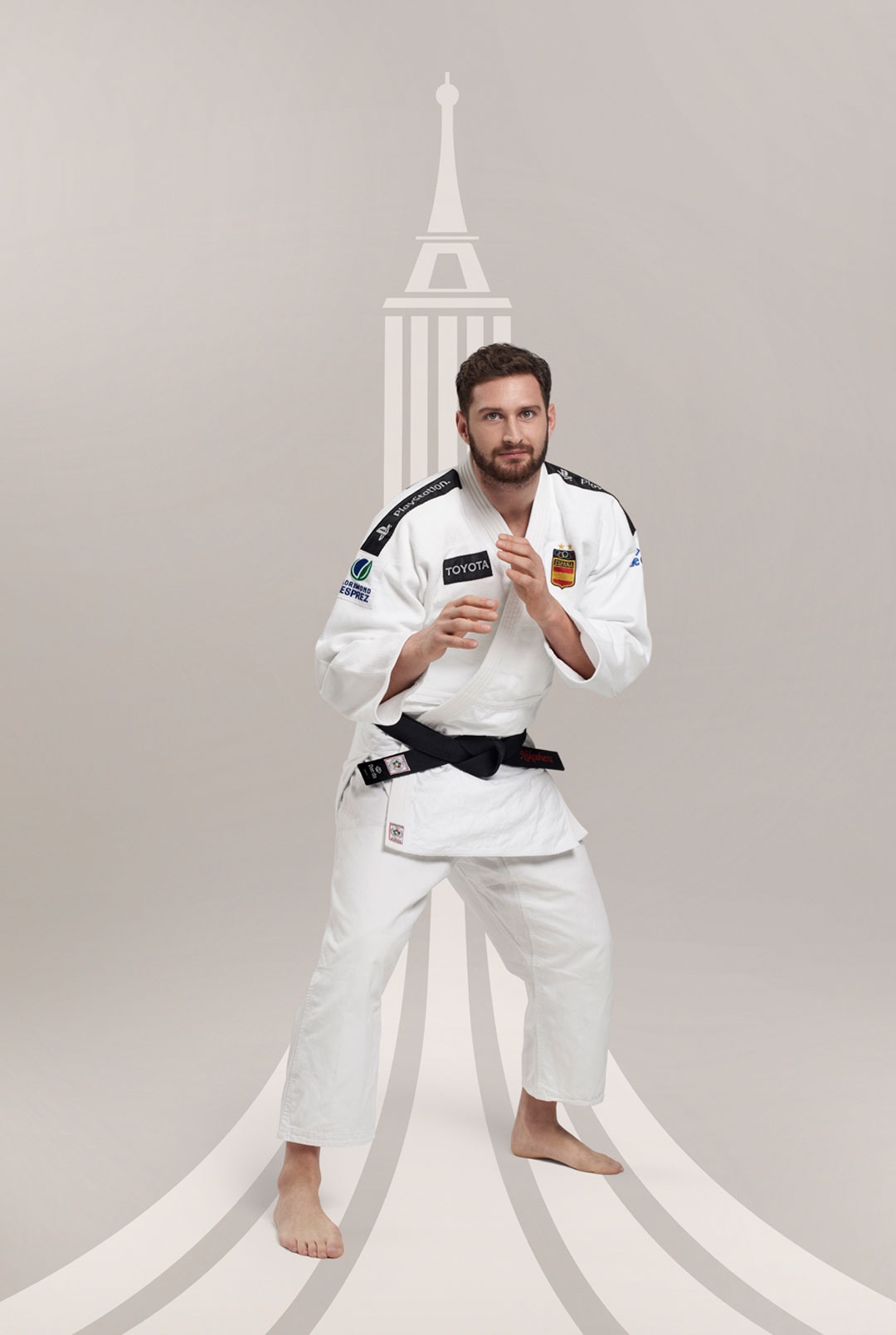
Niko Shera is a double world judo champion: Baku 2018 and Budapest 2021.
You won the 2021 World Championship at the doors of the Tokyo Games, for which you were a firm favourite. In the end, you had to settle for seventh place. How did you deal with that disappointment?
When I got back from Tokyo, I spent a whole month with my family, completely outside of the world of judo. Spending that time with them helped me to unplug, so that I could reconnect to judo. You always want to learn from defeat, but you never want it to be at the Games. In the end, all your work focuses on giving your all during the Games or World Championship, so you can’t make any mistakes. It wasn’t my day in Tokyo.
After that blow, you decided to leave the -90kg category and try your luck with -100kg. Why?
I’m quite tall for my category and in the -90kg category I struggled with the weight losses, so this was a necessary step to continue competing and extend my sports career a bit. The truth is that I’d already taken this decision before; we’d thought about changing in 2020, but since the Games were postponed to 2021, we decided to hold on for one more year. Adapting well to a new category is really important, and it’s a process that requires time. In fact, I still need to put on more weight.
“Whenever I take part in a competition, my mind is set on winning gold, I can’t think about it any other way”
That adjustment process was cut short last December by a severe injury. How is your recovery going and how are you dealing with not being able to compete?
My recovery is going well, and I’ll be able to do judo again soon. The plan is to start competing at the end of the year and get back up among the best in the world ranking. We can’t skip recovery steps because my tendon needs to heal properly, which can take from six to nine months. The idea is to add intensity after June or July, when it’ll no longer be at risk of tearing. At the beginning, taking a break from competing suited me quite well, but I miss stepping onto the tatami now.
Despite your injury, your goal is still Paris, right?
That’s right, it’s the most important competition in my opinion. Once I’m back doing judo, which will be in June or July, I’ll have one full year to prepare and focus. Whenever I take part in a competition, my mind is set on winning gold, I can’t think about it any other way, because that’s why I train and make sacrifices.
The word judo can be translated as the “path to flexibility”. In your case, what has doing judo brought to your life?
I don’t comply with that flexibility idea because I’m the opposite (laughs). I’ve learnt not to give up, if I fall seven times, I have to stand up eight. Then there are the values it conveys, like humility and respect. It has also given me friendship, people that will always be by my side.
“Often times, after a combat, I lay down and even fall asleep. My body needs rest”
They say that you’re able to fall asleep between combats; do you think that calmness is one of the keys to your success?
Each person has their own personality and needs to adapt it to the competition. I’m a calm person and I need peace. If I spend all my time thinking about the competition, when the moment of truth comes, I get overwhelmed. Often, after a combat, I lay down and even fall asleep. My body needs rest. When they wake me up and tell me it’s my turn on the tatami, I get up, stretch, and I’m ready. Other judokas have different experiences, they step off the matt and are on a high. Each of us needs to find our own way. At the highest level, every detail makes a difference, so you need to keep your head as cool as possible.
Judo is more than physical force. For those who don't know, does it involve tactics and studying your opponents before facing combat?
To be among the best in the world, it’s extremely important to know yourself, but also your rivals. Knowing who you’re competing against —whether they’re right- or left-handed, if they have one particular style or another, their strengths and weaknesses— gives you advantages. If you know certain aspects about your rival, you can pressure them and take them to the edge during combat; and when that happens, some people give up.
Let’s finish off talking about talent. What does it mean to you?
For me, talent is something that allows you to be one step in front of the rest but, after that, it all depends on how much you’re willing to sacrifice. Some people aren’t talented, they have a spirit of sacrifice. Personally, I place my trust in hard work and sacrifice.
